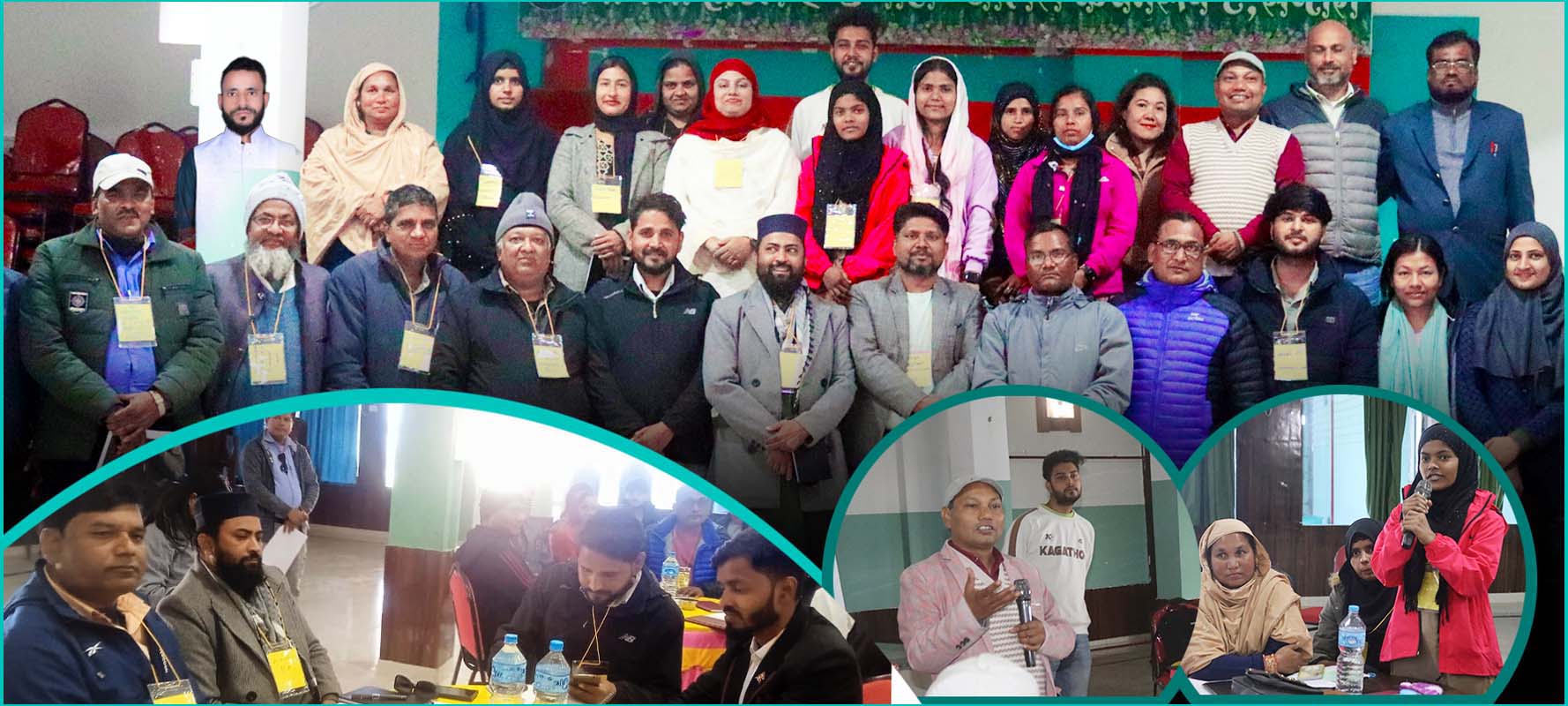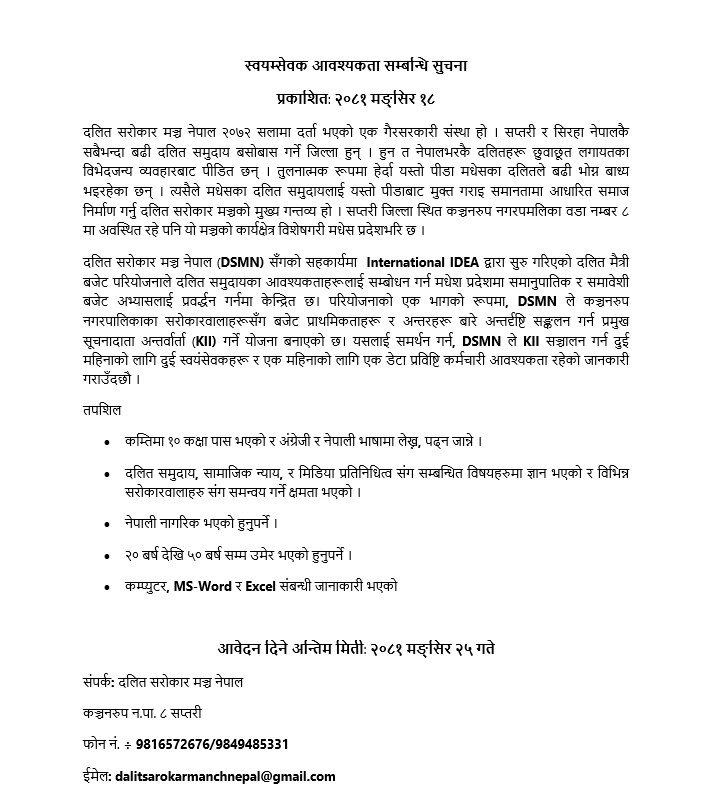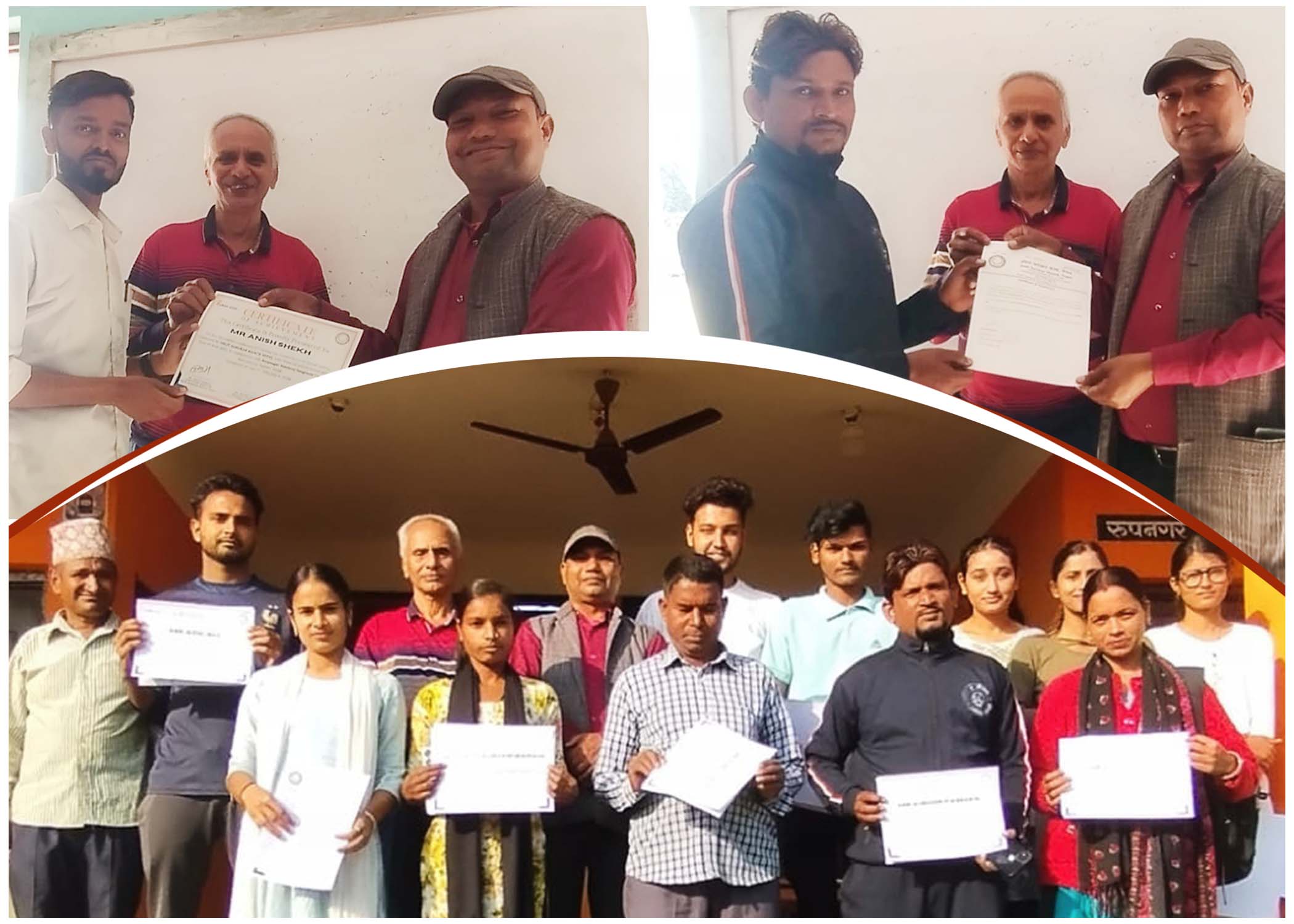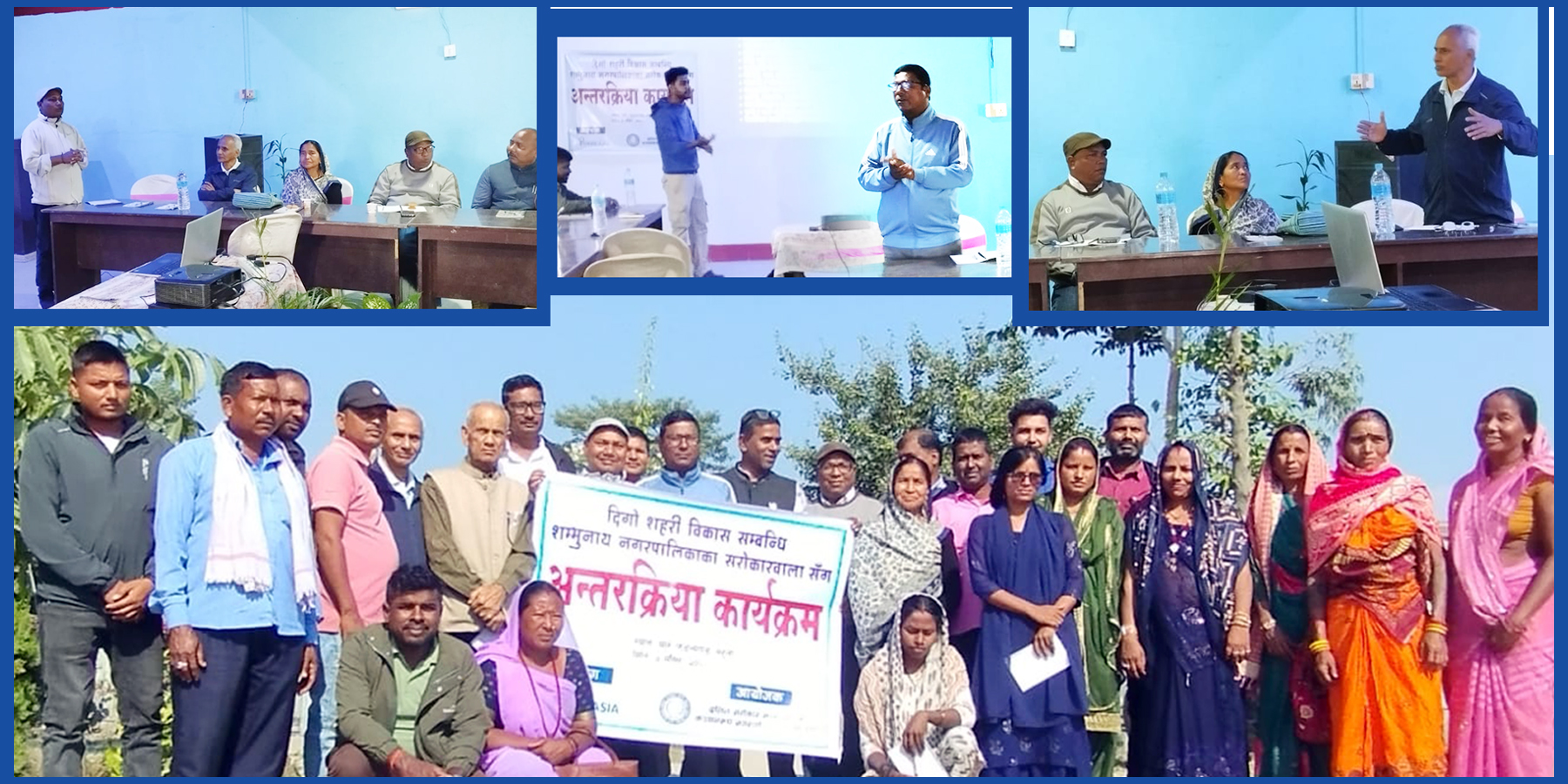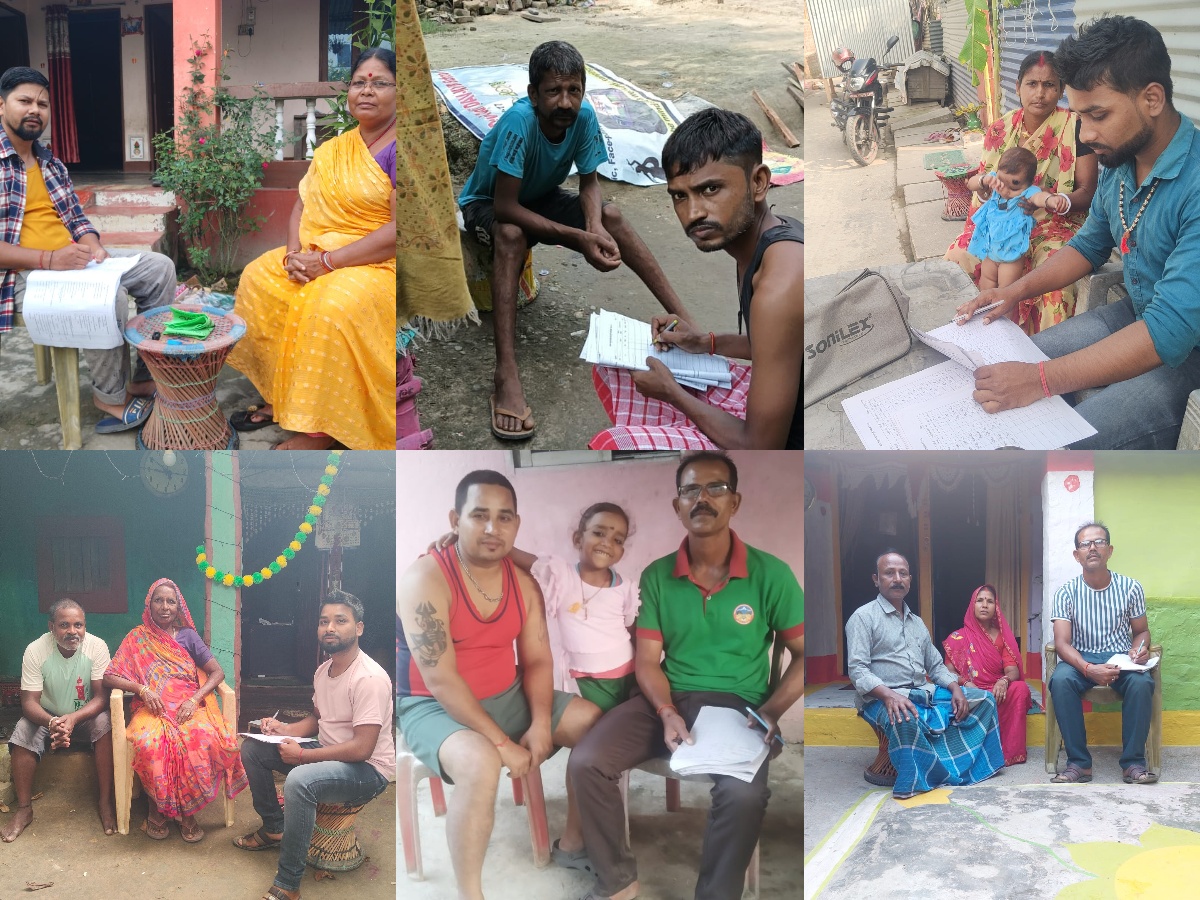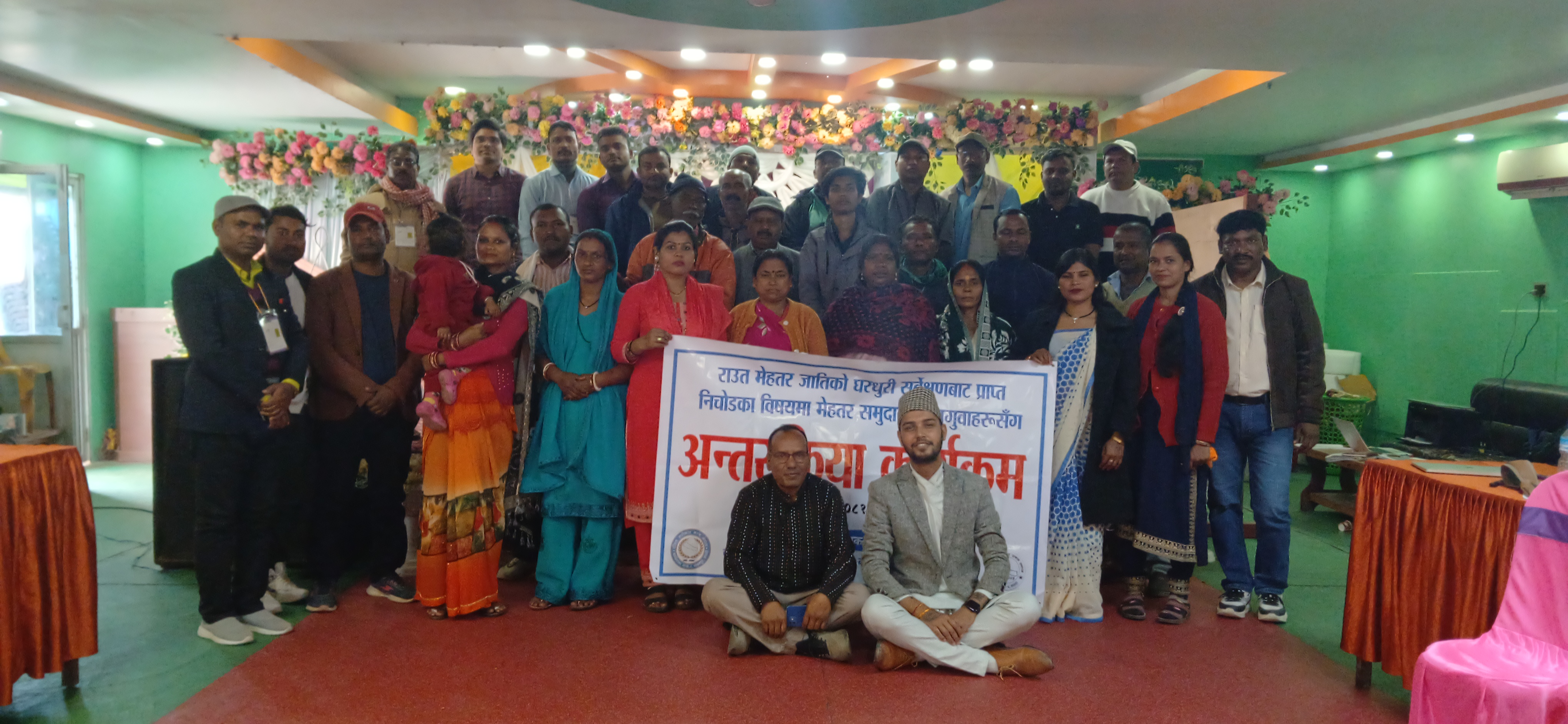
Central Program Of Mestar Household Survey
- 2025/02/25
Mestar leaders from 8 districts of Madhesh Province, 3 districts of Koshi Province and one district of Lumbini have expressed their commitment to move forward together for the upliftment of their community. They expressed this commitment during an interaction program with leaders of the Mestar community on the findings of a survey of the Raut Mestar caste organized by Dalit Sarokar Manch Nepal and Nepal Raut Mehtar Uthan Samaj, Saptari.
During the program, Nand Kishore Ram, the principal of Surji Devi Secondary School in Birgunj, who is the most educated (Master's Degree) among the Mestar community, expressed the view that there should be a change in the perspective and behavior adopted towards the Mestar community. He said that unless we are educated, it is not possible to improve the condition of the Mestar community. Therefore, there is no alternative to giving more emphasis on education, regardless of other aspects.
Ashok Mehtar, who had become the executive director of the Dalit Development Committee in 2058 BS, thanked the organizers for conducting a household survey covering all aspects, even though it is unknown where the Mehtar community is, how many people they have, what kind of situation they are facing, and what their economic, social, and political status is. He said that the number of this community has been very low even in the census conducted by the government because special attention has not been paid to the Mestar community, and said that this is a great injustice to the Mestar community.
Leaders of the Mestar community who participated in the event from 8 districts of Madhesh Province, including Sunsari, Morang, and Jhapa in Koshi, and Banke in Lumbini, raised issues such as being perceived as only cleaning people and being ignored, not being paid proper wages as cleaning employees and not even being given appointment letters, being treated as low-class, being hated even in land purchases and sales, being charged fees even though children are said to be free of charge for education, and lack of professional security. Similarly, they also highlighted problems such as not having any land, having very little land, still facing extreme caste discrimination, the practice of being fired from work without reason and being threatened, and having to endure further exploitation from contractors as some municipalities have started contracting out cleaning work.
Bhola Paswan, Executive Director of Dalit Sarokar Manch, informed that the government had counted only 2,929 Mestar community members in the 2078 census, while the initial count of the household survey conducted by them would be around 10,000. Stating that the act of making the population disappear raises questions about their identity and existence, Paswan added, “This situation confirms that the government is not serious about the minority community. Keeping this reality in mind, we have conducted a household survey with the aim of finding out the exact situation of the Mestar community, which is facing severe oppression even within the Dalit community.”
Presenting the preliminary data of the household survey at the program, researcher Manish Koirala said that many people from the Mestar community are involved in cleaning work, but their professional security is in jeopardy, their social and political status is also very pathetic due to their weak economic status, the situation of untouchability is still widespread, and the non-Dalit perspective on the Mestar community is wrong. He added that people from this community have no access to insurance, nor to government service/facility providers and other public places. In such a situation, he concluded that the life of the Mestar community is very difficult.
Another researcher, journalist Raghunath Lamichhane, called the Mestar community a feudal landlord and said that it is ironic that Nepalese law considers even Mestar, who have land not even enough to build a hut, to be landlords. He said that although many people from this community are involved in cleaning, even the municipality does not pay the minimum wage set by the government and evicts those who raise their voices. Overall, he said, those who have been oppressed for a long time do not immediately receive their rights. Therefore, it is important for this community to understand that they will not regain their lost rights unless they take action in an organized manner.

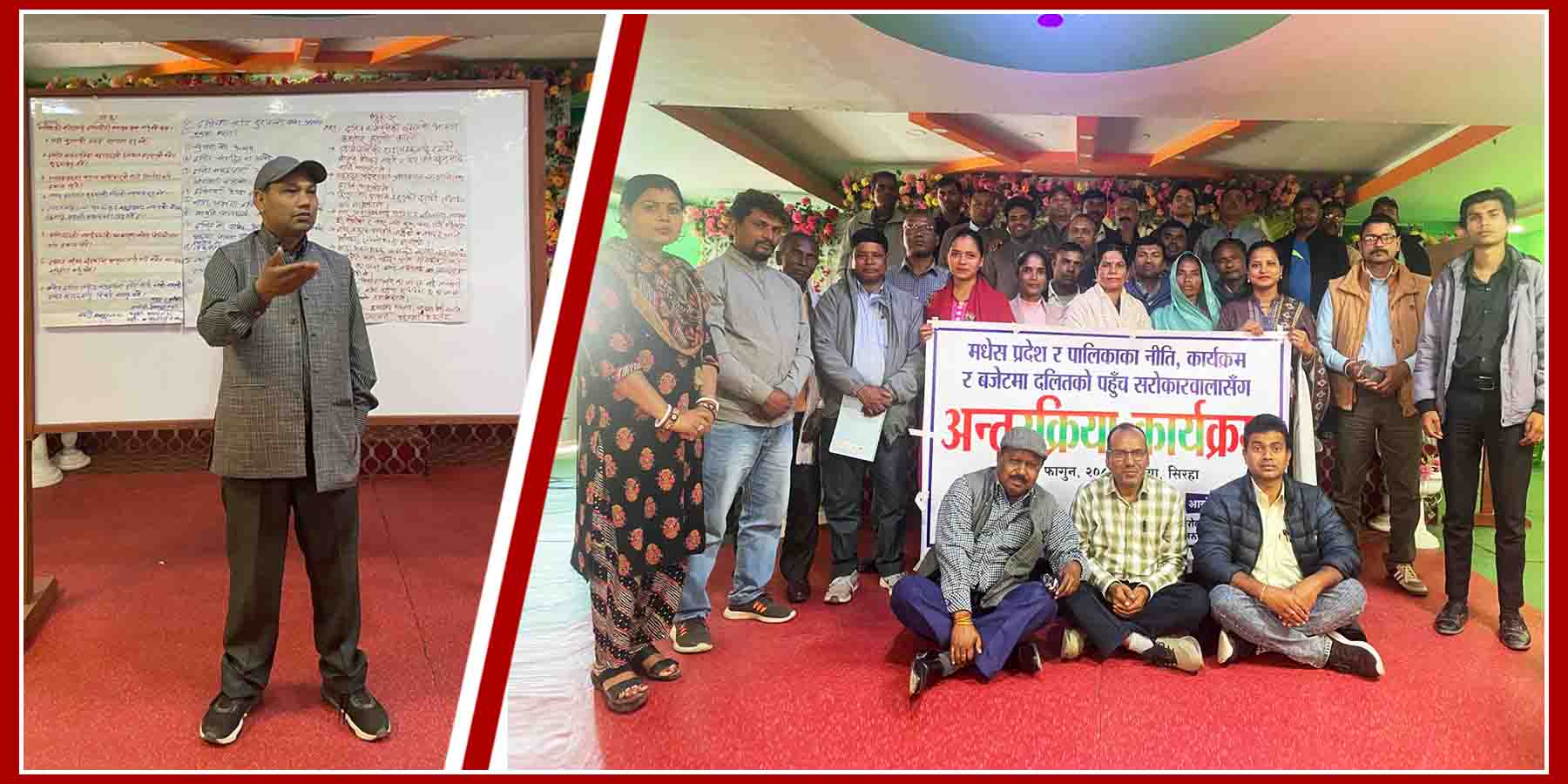

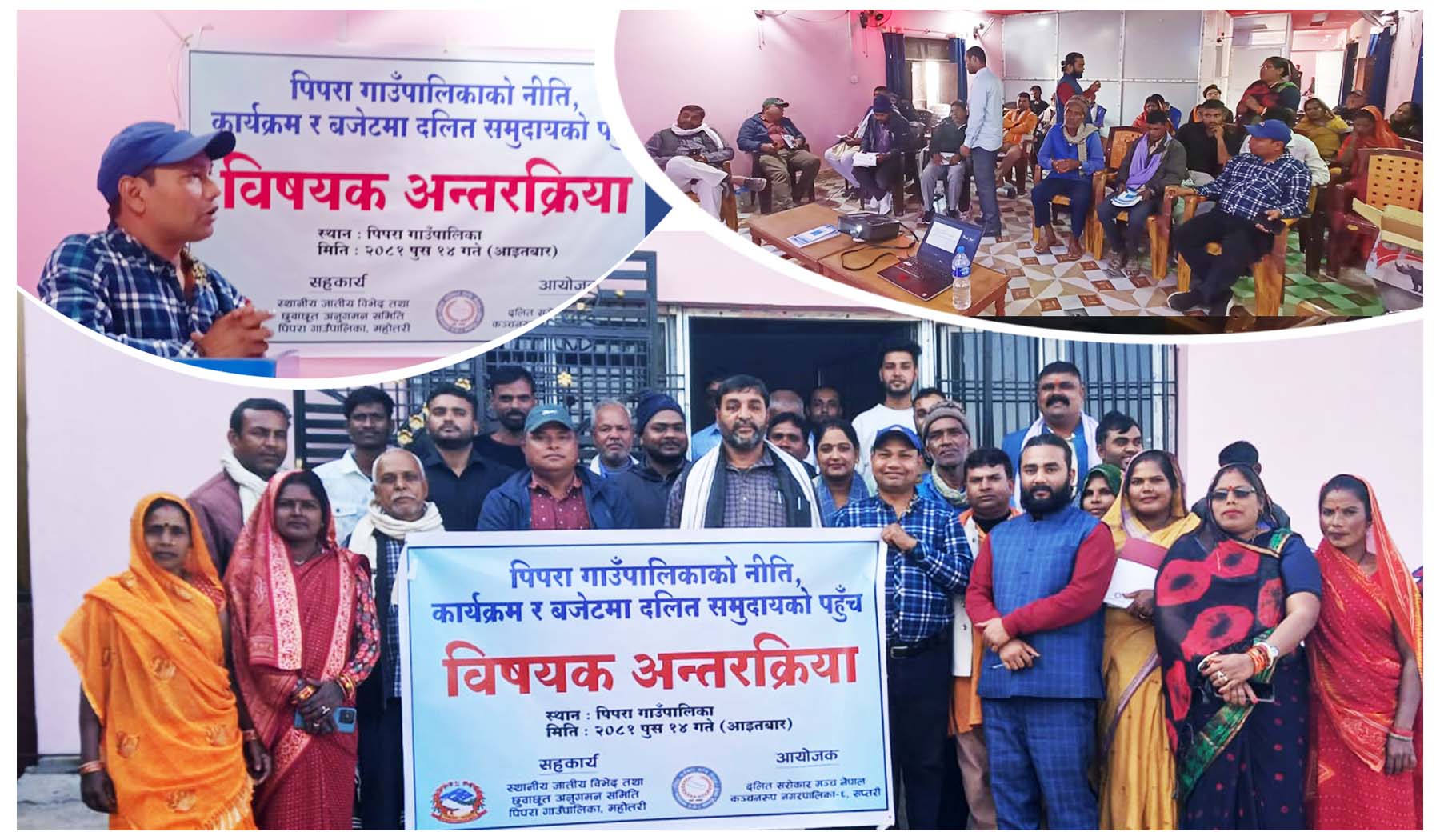
.jpeg)
